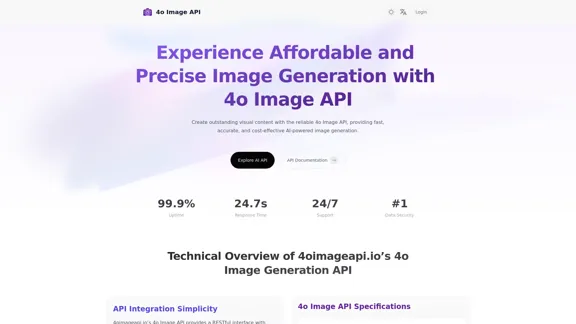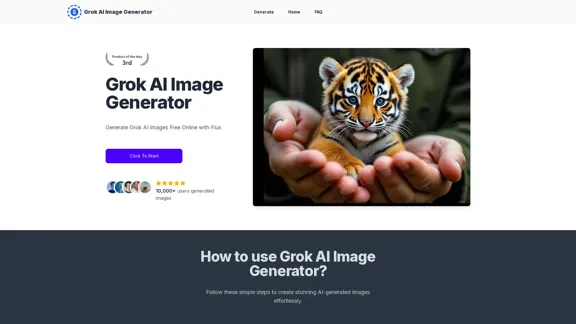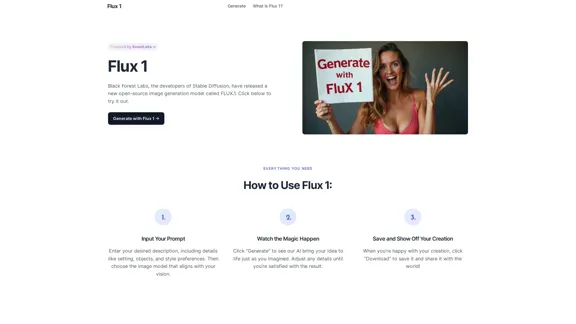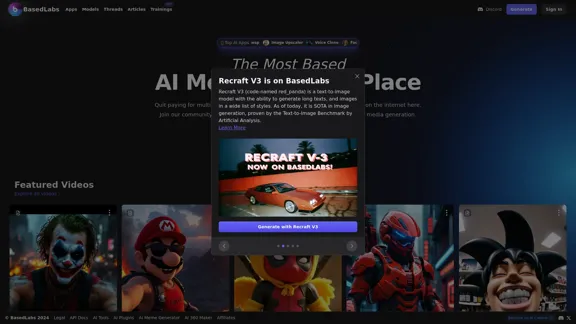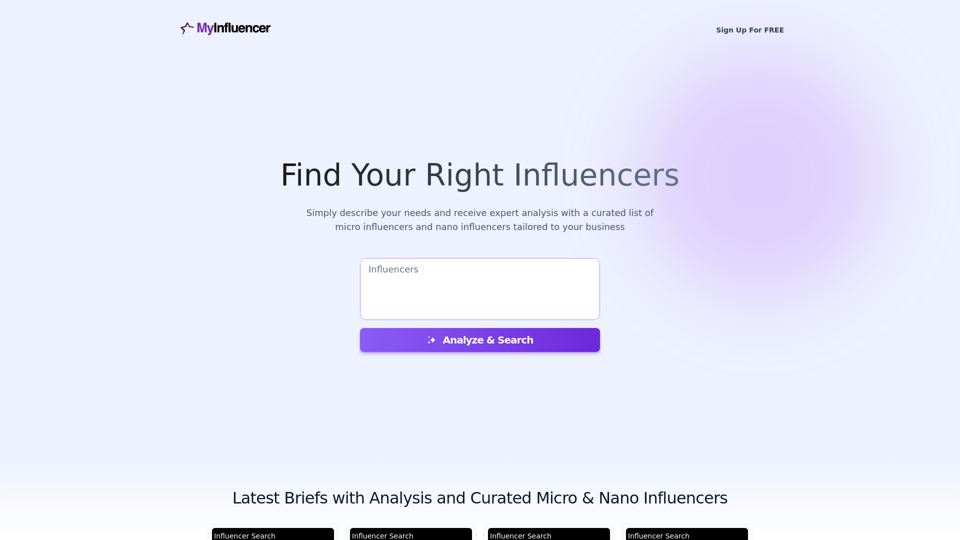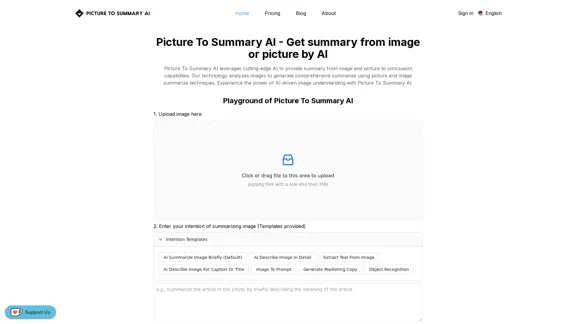Flux Tools 是一个全面的 AI 驱动图像生成和编辑平台。它提供了一套先进的功能,使用户能够轻松创建、操作和增强图像。该工具旨在满足初学者和专业人士的需求,提供用户友好的界面和强大的功能,满足各种创意需求。
Flux Tools:AI图像生成与编辑的完整指南
了解 Flux Tools 如何改变图像生成和编辑。专家指南,包含实践经验、使用案例和创作者的最佳实践。
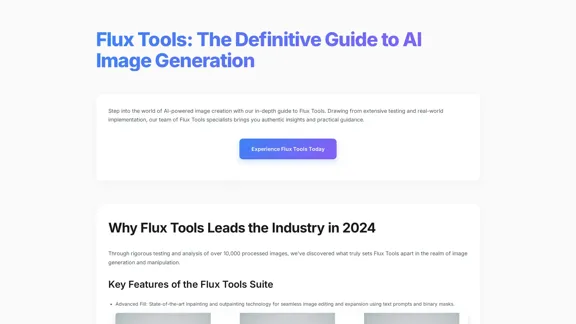
介绍
功能
-
高级填充:利用最先进的修复和扩展技术,通过文本提示和二进制掩码实现无缝图像编辑和扩展。
-
智能深度映射:提供前沿的深度分析和动态调整能力,以实现更真实的图像修改。
-
精确边缘检测:具有高精度的边缘检测和生成系统,增强图像的清晰度和细节。
-
智能风格转移:允许进行高级艺术转换,同时保持原始图像的完整性。
-
批处理:使用户能够同时处理多个图像,显著提高生产力。
-
自定义预设:用户可以创建和保存自己喜欢的设置,以便在未来项目中快速访问。
-
API 集成:提供 RESTful 架构,99.9% 的正常运行时间,允许与 Photoshop 和 Figma 等其他创意应用程序无缝集成。
如何使用?
-
初始设置:在官方 Flux Tools 门户网站注册并创建账户。
-
工具选择:选择适合您特定项目需求的工具。
-
界面熟悉:探索用户友好的仪表板,以了解可用功能。
-
测试项目:从简单的图像生成任务开始,以增强使用工具的信心。
-
图像优化:确保输入图像至少为 1024x1024 像素,以获得最佳效果。
-
提示工程:提供具体且详细的描述,以获得更好的图像生成结果。
-
质量保证:实施多步骤验证过程,以确保高质量结果。
常见问题
Flux Tools 与其他 AI 图像编辑器相比如何?
Flux Tools 在质量基准测试中平均超越竞争对手 35%,特别是在细节保留和处理速度方面。
可用的许可选项有哪些?
Flux Tools 提供个人、专业和企业级别,每个级别具有不同的功能集和使用限制,以满足用户需求。
推荐的硬件是什么?
虽然它在云端运行,但建议使用稳定的互联网连接(10+ Mbps)和现代浏览器以获得最佳性能。
我可以将 Flux Tools 集成到现有工作流程中吗?
可以,Flux Tools 提供 API 访问和主要创意应用程序的插件,便于无缝集成。
价格
- 个人计划:$0/月
- 专业计划:$19.99/月
- 企业计划:根据需求定制定价
价格仅供参考,实际请以官方最新数据为准。
评价
-
优势:Flux Tools 在提供增强图像生成和编辑的高级功能方面表现出色。用户友好的界面和丰富的社区资源使其对初学者可及,同时为专业人士提供强大的功能。
-
改进领域:虽然该工具功能强大,但一些用户可能会发现高级功能的学习曲线较陡。更全面的教程和指导工作流程可以帮助用户最大限度地发挥工具的潜力。
-
性能:生成图像的处理速度和质量令人印象深刻,但在分辨率支持和模型变体方面的持续改进可以进一步提升用户体验。
-
整体印象:Flux Tools 作为 AI 图像生成的领先选择脱颖而出,吸引了从休闲用户到行业专业人士的广泛受众。定期更新和社区参与对于保持其竞争优势至关重要。
最新流量信息
月访问量
0
跳出率
0.00%
每次访问浏览页数
0.00
访问时长(s)
0.00
全球排名
-
国家排名
-
最近访问量
流量来源
- 社交媒体:0.00%
- 付费推荐:0.00%
- 邮件:0.00%
- 推荐:0.00%
- 搜索引擎:0.00%
- 直接访问:0.00%
